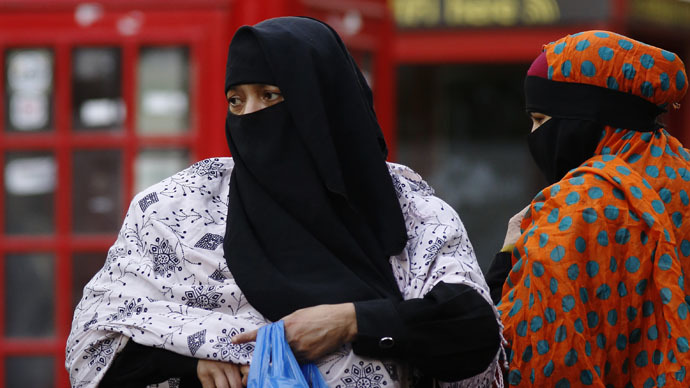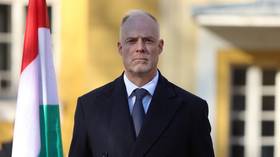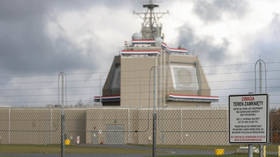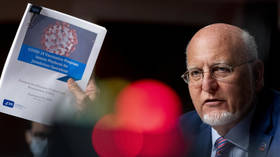Stop blaming foreign policy, Islamophobia & online grooming for radicalization – Muslim Forum

Muslims must stop blaming Western foreign policy, Islamophobia and online grooming for radicalization and should start taking responsibility for their community, according to the chairman of the Muslim Forum.
Writing in the Daily Mail, Mansoor Moghal argued that “as the lethal cycle of British involvement in jihadism deepens, so the cries of victimhood grow stronger.”
“The families of recruits to the Islamic State’s barbaric regime seem desperate to pin the blame for the crisis on anyone or anything — from supposed negligence by the police to brainwashing through the internet — rather than accept any real accountability.”
READ MORE: 3 sisters & their 9 children READ MORE: missing, feared to have joined ISIS
Moghal placed the blame firmly at the door of the Muslim community, arguing “this search for scapegoats has to stop.”
“The eagerness to pass the buck is not just wrong-headed and hypocritical, it also allows extremism to flourish.
“Instead of endlessly pointing the finger at others, the Muslim communities should face up to their own responsibilities,” he added.
Moghal’s accusations follow allegations by another major Muslim body that the British government is not doing enough to engage with non-violent extremists.
Miqdaad Versi, who is assistant secretary general of the Muslim Council of Britain (MCB), told the Guardian on Tuesday: “It is important government does not talk just to those who agree with it.
“We believe by engaging with us, policies are likely to be more effective, because they will better understand the community and the consequence of policies on the community.”
“There are definitely things that would be far more effective if they had engaged with us.”
READ MORE: ISIS building online ‘cult with wicked motive’ – counter terror chief
Taking another tack, the government’s chief inspector of schools Sir Michael Wilshaw emphasized on LBC radio on Wednesday the value of teaching British values as a buttress against radicalization.
“It’s really important that all schools, whether they are faith or non-faith schools, whether in mono-cultural communities or not, teach British values: the importance of tolerance, the importance of understanding other cultures and other faiths.”
He also said pupils “need to believe that there is hope for them, that the education system is there for them, that they will do well in their examinations, that they will be able to get a job and they will have a real strong and secure future in this country and that they will be appreciated by society.
“If they don’t believe that then the temptation is to listen to the voices that say come across to Syria,” he added.












